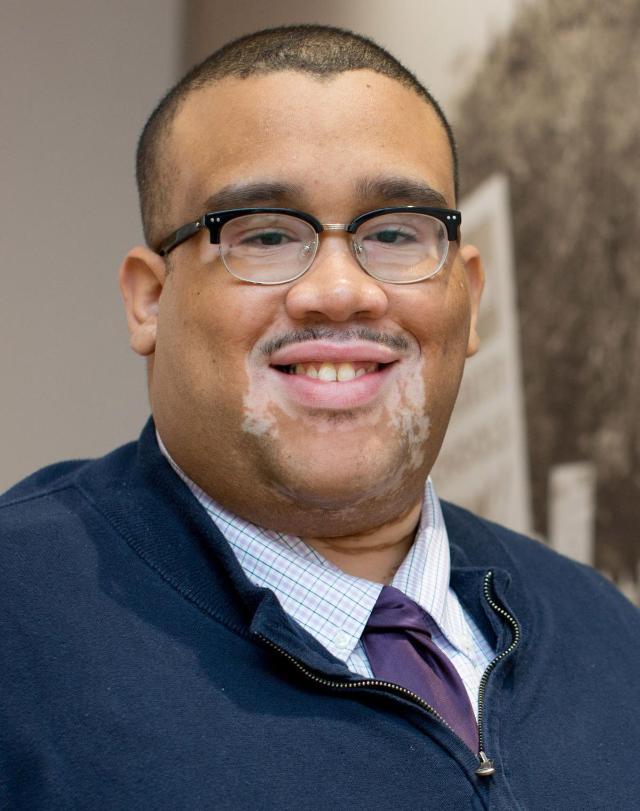WITH STUDENT ACTIVISM recently in the news, it’s fitting that this month we are commemorating the first Barbara Rose Johns Day in Virginia.
Today, we pause to remember the courageous 16-year-old student activist and pioneer of the civil rights movement, who in 1951 led her fellow classmates in the historic student walkout at Robert Russa Moton High School in Farmville.
It was time that Negroes were treated equally with whites, time that they had a decent school, time for the students themselves to do something about it. There wasn’t any fear. I just thought — this is your moment. Seize it!
Barbara Rose Johns Tweet This
If the name doesn’t ring any bells, you are not alone. Until recently, Johns’ story of courage and persistence was known to few people outside Prince Edward County.
When people think about the civil rights movement, they often picture some of the more violent touchstone moments: the 16th Street Baptist Church bombing in Birmingham in 1963, the violence on the Edmund Pettus Bridge during the 1965 march on Selma, or the 1968 assassination of Dr. Martin Luther King Jr.
Often overlooked are the early actions in places outside the deep South that helped galvanize the struggle for civil rights. In 1951, when Johns decided she could no longer tolerate separate and unequal, it was four years before Rosa Parks refused to give up her seat on a Montgomery bus, six years before the Little Rock Nine, and 12 years before King delivered his famous “I Have A Dream” speech.
Increasingly, Johns’ story is being told.
On April 23, 67 years ago, more than 400 students walked out of Robert Russa Moton High School in protest of appalling conditions: massive overcrowding, perpetually leaking ceilings, shabby and broken equipment, and a lack of basic facilities such as a cafeteria and gymnasium. The school and community leadership’s repeated funding requests for essential equipment and infrastructure improvements had gone ignored for years while the all-white school a few blocks away was updated annually.
The protest had been conceived of, and prepared for, in secret, and plans were galvanized in March 1951 when a school bus accident left five students — including Johns’ best friend — dead. She wrote in her diary: “It was time that Negroes were treated equally with whites, time that they had a decent school, time for the students themselves to do something about it. There wasn’t any fear. I just thought — this is your moment. Seize it!”
A lawsuit that ensued, Davis v. County School Board of Prince Edward County, was argued by famed NAACP lawyers Spotswood Robinson and Oliver Hill, and three years later became part of Brown v. Board of Education of Topeka. Seventy-five percent of the plaintiffs in Brown v. Board of Education were from Farmville.
At Moton Museum, housed in the former Moton High school, we tell this inspiring story to more than 10,000 visitors each year. We are met with two reactions: “How did I not know this story until now?” and “This is certainly relevant today.” Johns’ story illustrates one of the key reasons we keep studying history; new lessons emerge and reveal themselves to us over time.
In 2008, the Virginia Civil Rights Memorial on Richmond’s Capitol Grounds was unveiled. It features a quote and a statue of Johns and other leaders from Prince Edward County. Earlier this year, Virginia’s 2019 Commemoration, American Evolution and the Virginia Tourism Corp. created a video memorializing Johns’ story and the Virginia student civil rights movement. The Virginia Civil Rights Memorial and the Moton Museum will also be featured in American Evolution’s upcoming Virginia History Trails digital app.
Today, I hope Pilot readers will join me in honoring the heroic actions of Barbara Rose Johns and her classmates. Johns’ fight for equal access to education changed a nation, and her story and the activism of Prince Edward County students continue to inspire students today to add their their voices to the chorus of history by standing up to injustice and racism where they find it.
About the Author
Cameron Patterson
Cameron Patterson is the managing director of the Robert Russa Moton Museum in Farmville.


Leave a Comment